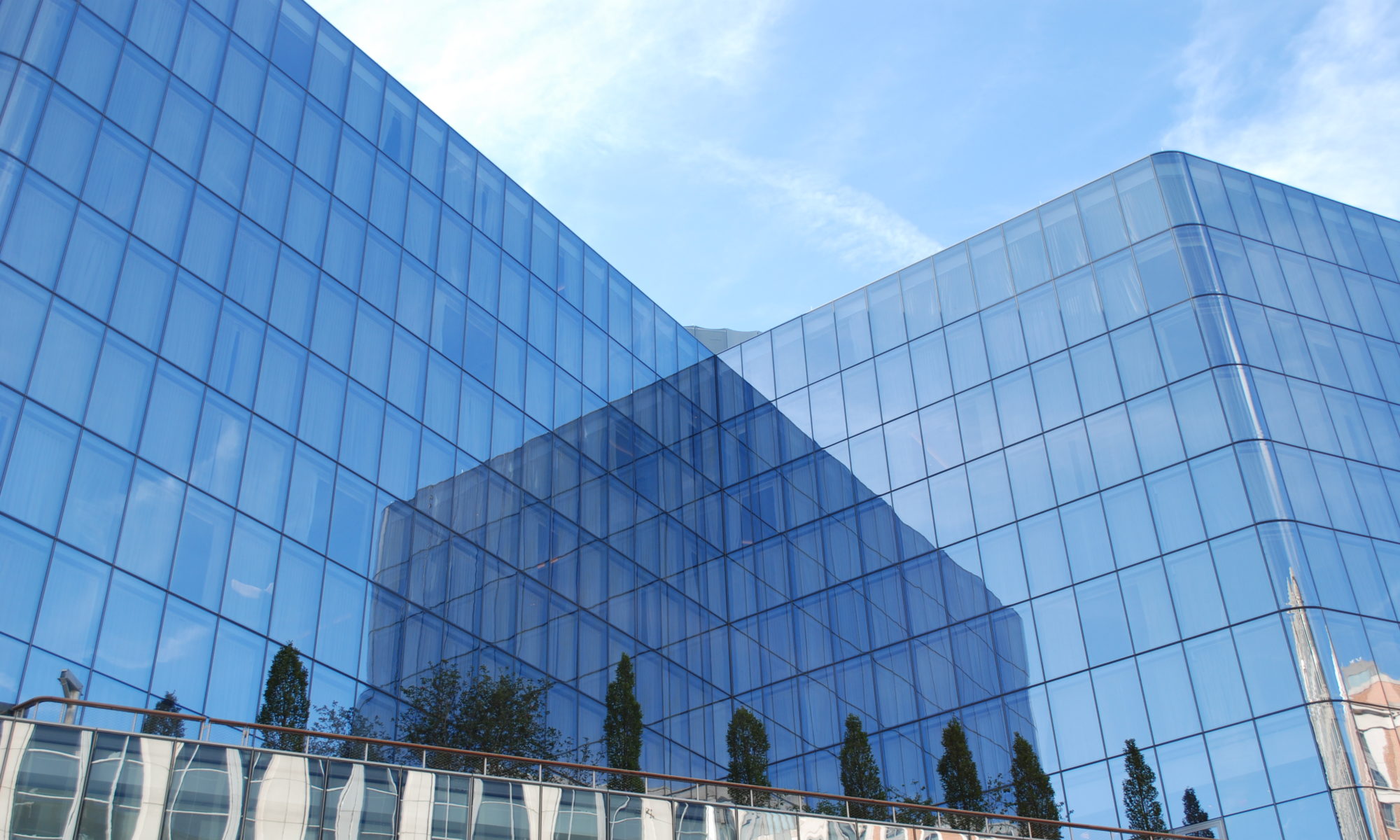The progress of scientific research builds on earlier work and goes through phases of brand new discoveries that may be thought of as odd or unnecessary until more time and more work occurs. The Nobel Prize awards includes three scientific categories, Physics, Chemistry, and Physiology or Medicine. The average time lag between the date of the research that recognition is being given for is often more than twenty or even thirty years. (1) The main thing they winners of the Nobel Prize in science categories may have in common is perseverance.
Osamu Shimomura is a Japanese scientist who won the Nobel Prize for Chemistry in 2008 along with two others (Roger Y. Tsien, Martin Chalfie), for research that was published in 1954. The work was on green fluorescent dye that is now used regularly for cell staining techniques to make parts of the cell more visible. (2) Fifty four years for a discovery to progress through the stages of “How odd,” to “That is interesting but what is it good for?” to “What did we ever do without this wonderful technique?” Perseverance is essential in science.
My point is simply that science developments take time, time to do the original research and more time for it to be put to use by other researchers in various ways. Collaboration is also typical, teams tend to win the awards in science rather than individuals. Different perspective can add to a better understanding of a topic.
Courses I’m taking or have taken recently on neurobiology, I am learning more about myelin and how it is made and used in brain and nerve cells. I started writing about the topic earlier in the summer and found I needed more background information. If interested the courses are free or a certificate can be earned for a small sum of money but no college credits are earned.
- Advanced Neurobiology I, Peking University – includes the story of the gel fluorescence cell staining and the Nobel Prize awarded for the work by Osamu Shimomaru, Roger Y. Tsien, Martin Chalfie and their team. https://www.coursera.org/learn/advanced-neurobiology1
- Medical Neuroscience, Duke University, https://www.coursera.org/learn/medical-neuroscience
- Introduction to Clinical Neurology, University of California, San Francisco, https://www.coursera.org/learn/clinical-neurology
My 50 plan? Keep learning more about preventative health care strategies and functional foods that help manage and prevent inflammation and oxidative stress, in order to protect my own nerves and brain cells. Pain hurts, numbness and paralysis is disabling, and cognitive skills are nicer to have than to not have. If I can record the information I discover for the use by others that may help others. The planet needs healthy people. Medical supplies and prescription medications can add to the pollution of the planet. Functional foods and preservation of health would be helping to reduce the pollution burden for the planet and reduce expense for individuals, businesses and governments.
The articles I’ve written about protecting myelin and who is at risk for demyelination include:
- G12. Demyelination https://effectivecare.info/g12-demyelination
- Good news/bad news about Multiple sclerosis, https://transcendingsquare.com/2018/07/26/good-news-bad-news-about-multiple-sclerosis-research/
- Demyelination, con’t, – this one has a list of psychiatric conditions that may involve some demyelination – including PTSD and others that might not typically be thought of as physical problems with the brain. https://transcendingsquare.com/2018/07/28/demyelination-continued/
- Why care about Demyelination?, https://transcendingsquare.com/2018/07/28/why-care-about-demyelination/
I probably won’t be around for another 54 years but I have a right to try to stay healthy for the years I do have left – the main point is that science takes time and it is collaborative. By sharing my notes, maybe some other people will be helped in their pursuit of individual health or research goals.
- Disclaimer: Opinions are my own and the information is provided for educational purposes within the guidelines of fair use. While I am a Registered Dietitian this information is not intended to provide individual health guidance. Please see a health professional for individual health care purposes.
- https://en.wikipedia.org/wiki/Osamu_ShimomuraFortunato, Santo, Growing time lag threatens Nobels, Nature, 508, page 186, (10 April 2014) https://www.nature.com/articles/508186a
- Osamu Shimomaru, Wikipedia, https://en.wikipedia.org/wiki/Osamu_Shimomura
